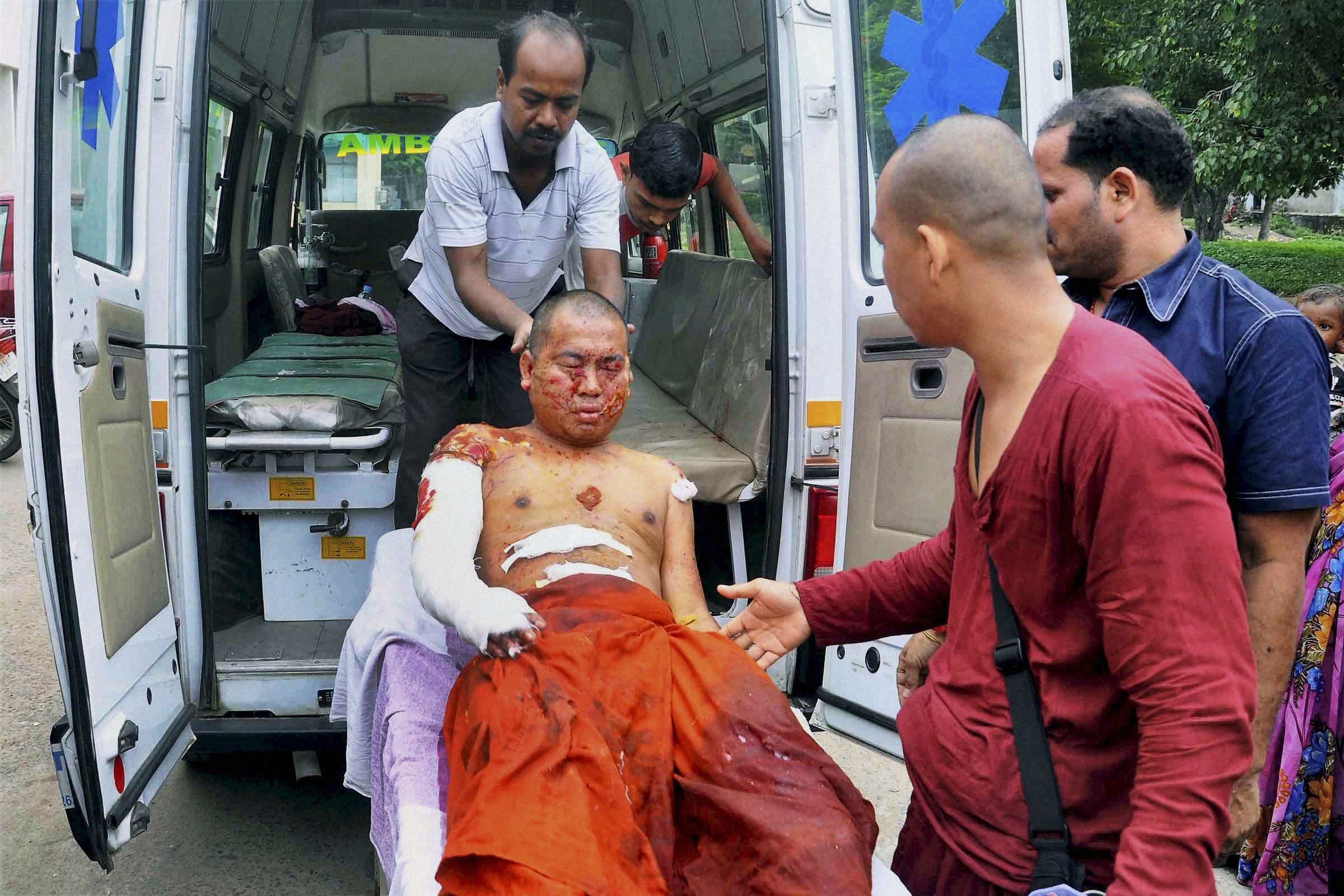YP SINGH
Criminal lawyer and ex-IPS officer
THE SHOCKING revelation of specific cases of gross misuse of MCOCA by TEHELKA should bring any nation governed by just, equitable and liberal principles close to despair. In 1791, the Fifth Amendment to the Constitution of the United States was enacted. It stated that no person would be deprived of life, liberty or property without the “due process of law”. When the Indian Constitution was drafted, its Article 21 used analogous words: “No person shall be deprived of his life or personal liberty except according to procedure established by law.”
The difference between “due process of law” and “procedure established by law” is that under the American system, a law must satisfy the criteria of a liberal democracy. Our “procedure established by law”, on the other hand, means a law duly enacted is valid even if it’s contrary to principles of justice and equity.
Draconian laws like MCOCA surface because of the above lack of constitutional fetters. On the very face of it, a liberal Constitution needs to reject anything draconian. But why is MCOCA draconian?
First, it denies bail indefinitely to an accused incarcerated on mere suspicion while evidence is collected behind his back. The accused is also not able to give his point of view on the evidence. Second, even though it is well known that the police use third degree methods, confessions to the police have been made admissible with scant safeguards. This, despite the fact that the Code of Criminal Procedure, 1973, gives us a credible method of recording confessions.
Draconian laws like MCOCA come into being because police fail to implement effective penal laws
Third, if even one accused has two previous chargesheets — even in unrelated cases — MCOCA can be slapped not just on him but on all other co-accused in the case. For example: just because there were two previous chargesheets against Telgi, scores of other co-accused — even RS Sharma, former Mumbai Police Commissioner — could be charged under MCOCA, even though they had no criminal record.
Fourth, MCOCA contains irrational rules of evidence, such as drawing an adverse inference against an accused if he had previously been bound under preventive laws or involved in other cases. Basic principles of criminal law state that guilt has to be proved beyond reasonable doubt on specific evidence and not on factors like probable guilt inferred from involvement in past cases.
Fifth, because it increases police powers substantially — the chargesheet period is doubled to 180 days from 90; the police remand period is doubled to 30 days from 15 days — and because MCOCA offences are treated more seriously, the police stretch the law to absurd levels to be able to impose it. A conspicuous example of this is Sadhvi Pragya’s case.

Criminal lawyer
and ex-IPS officer
Sixth, because such stringent provisions exist, police officers who don’t choose to impose MCOCA often face the wrath of their superiors. This was evident in the Telgi case, where senior police officers were hauled up for this reason. Fearful of departmental punishment or even criminal charges, police officers often levy MCOCA charges automatically on the accused and all co-accused, even those who would know nothing of organised crime.
Many draconian laws that resemble MCOCA — particularly with respect to bail — have been enacted, such as the Prevention of Money Laundering Act, 2002. It is unfortunate that since the police have failed to implement the reasonably effective conventional penal laws, such stringent laws have come into being. It’s significant that though TADA and POTA have been repealed, terror incidents have become scarcer, not more common.
The solution lies in accountability. While the corrupt need to be sacked, the honest and efficient must be posted to critical positions. This, along with better professional competence would lead to draconian laws that are a blot on our society to be repealed. If state governments complied with the Supreme Court directions on the need for comprehensive police reform, as laid out in the 2007 Prakash Singh case, it would bring about meaningful change.
We seem to be exemplifying Lord Acton’s adage: power corrupts and absolute power corrupts absolutely. Blindly increasing police powers will only lead us, blindly, to converting India into a police state.




